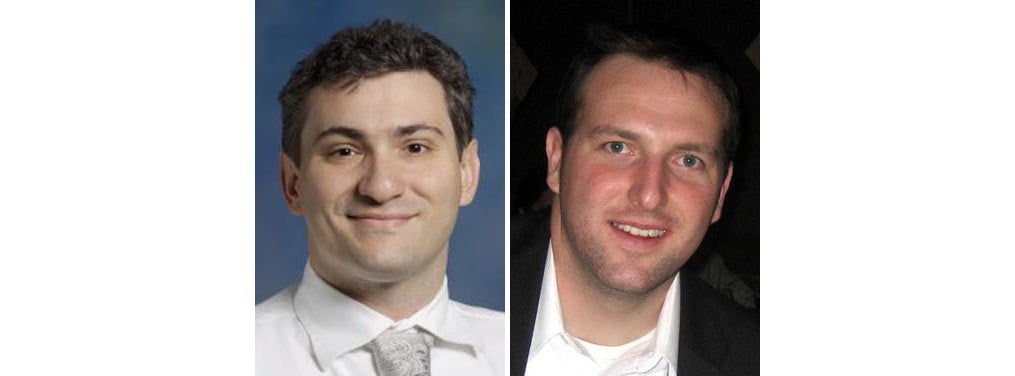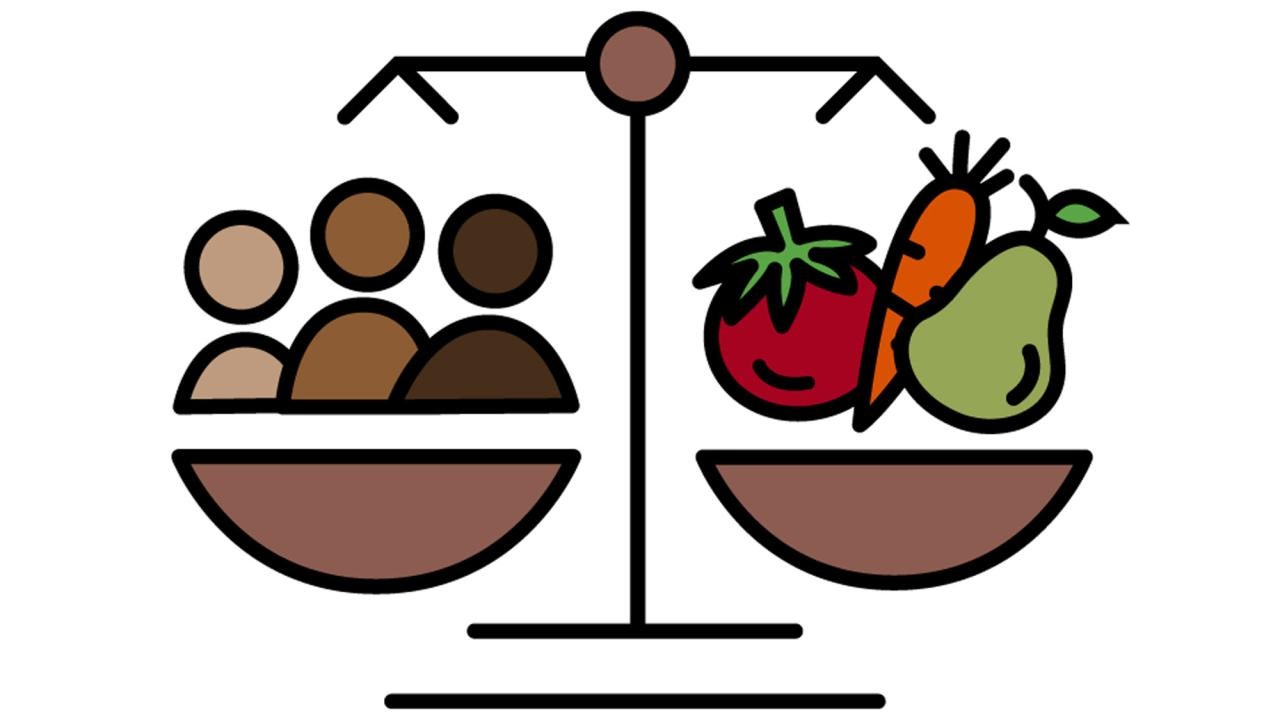The inaugural Food For Fairness Summit, Oct. 19-21, brought together local experts and resources to address regional and global challenges around food access.
The Yolo Food Bank presented the so-called F3 Summit with support from the UC Davis-based Artificial Intelligence Institute for Next Generation Food Systems, or AIFS, and the UC Davis Innovation Institute for Food and Health. Leaders from other nonprofit organizations joined the remote meeting, as did leaders from industry.
Opening remarks by Chancellor Gary S. May and Rep. John Garamendi, D-Davis, led into a plenary session addressing the question: “What Is an Equitable and Sustainable Local Food System?”
"The summit is a terrific opportunity to raise awareness around the equity and sustainability shortcomings of our local food system, and we are grateful to AIFS and IIFH for their partnership to present this event," said Michael Bisch, executive director of the Yolo Food Bank.
By convening this cross-disciplinary group, the food bank intends to spark collaboration and innovation to meaningfully address these shortcomings and ensure that all community members thrive. "This year's F3 Summit is merely the start of a conversation we hope will continue long after the event has ended, and hopefully convene F3 again next year."

Ilias Tagkopoulos, a UC Davis professor of computer science who serves as the director of the Artificial Intelligence Institute for Next Generation Food System, said: “AIFS is poised to harness the rapidly evolving field of AI to create a better, more equitable food system. Connecting with the community and engaging partners, such as the Yolo Food Bank and IIFH, is essential to our mission to engage consumers and stakeholders alike and pave the way for a better future. The F3 summit is an excellent venue to connect, share, and work towards this vision.”
Justin Siegel, UC Davis associate professor of chemistry and the faculty director of the Innovation Institute for Food and Health, as a participant on the panel "Leveraging Food System Innovation to Address Public Health Challenges,” addressed the need to improve metabolic health outcomes of diverse populations without compromising individual or cultural preferences.
"IIFH is working with academic and industry partners to incorporate metabolic design into foods and beverages that consumers enjoy every day to help improve their health and well-being without compromise,” he said.
Media Resources
Ginger Welsh is the marketing and communications coordinator for the USDA-NIFA/NSF AI Institute for Next Generation Food Systems at UC Davis. She can be reached at gwelsh@ucdavis.edu.
Dateline Staff: Dave Jones, editor, 530-752-6556, dateline@ucdavis.edu; Cody Kitaura, News and Media Relations specialist, 530-752-1932, kitaura@ucdavis.edu.
